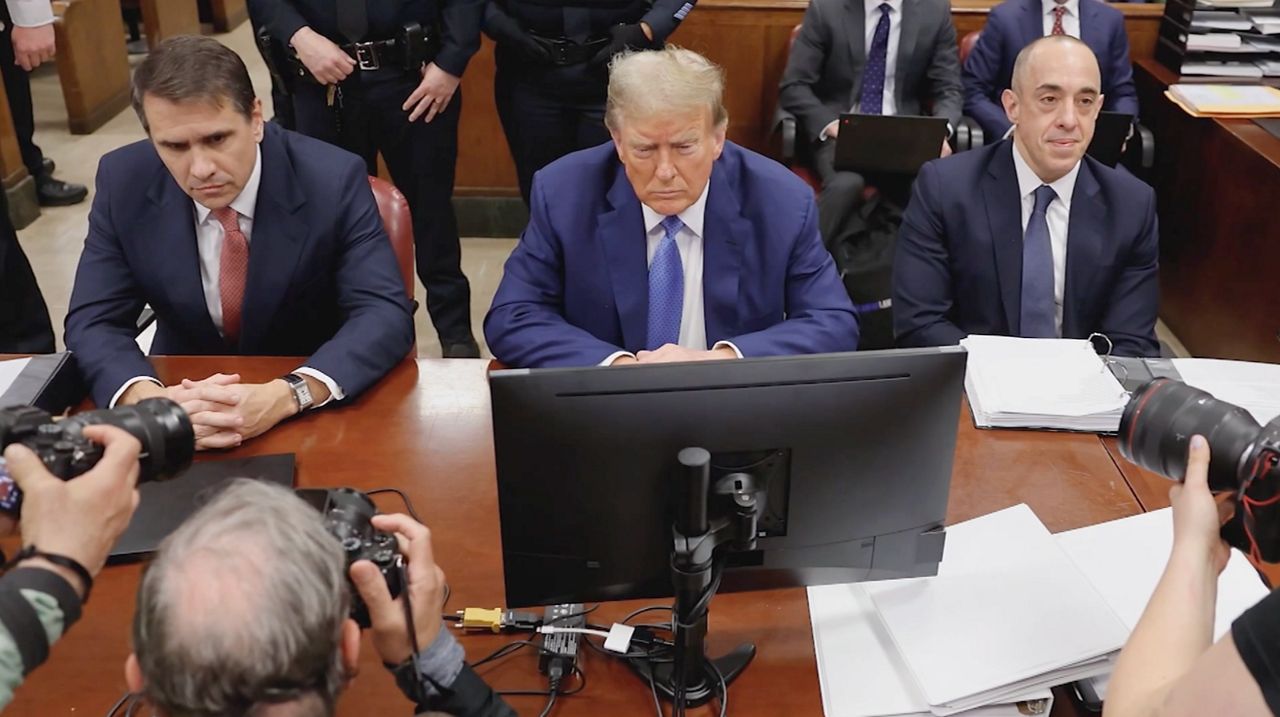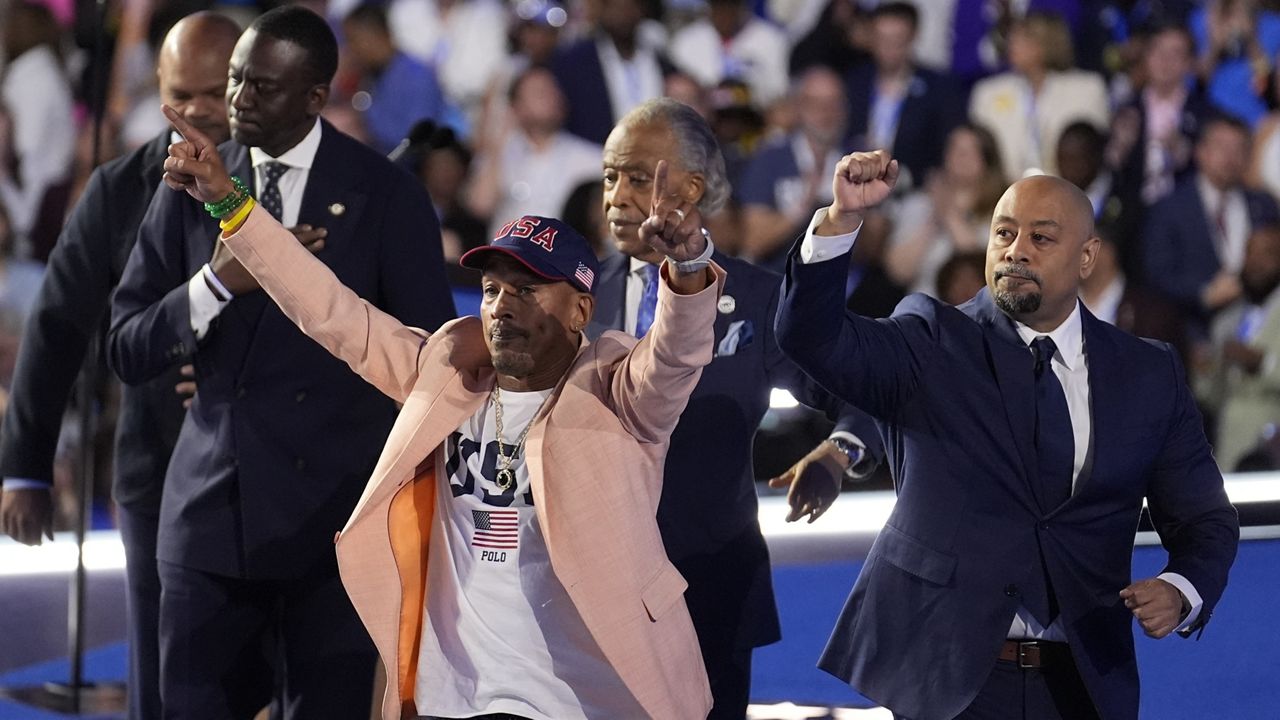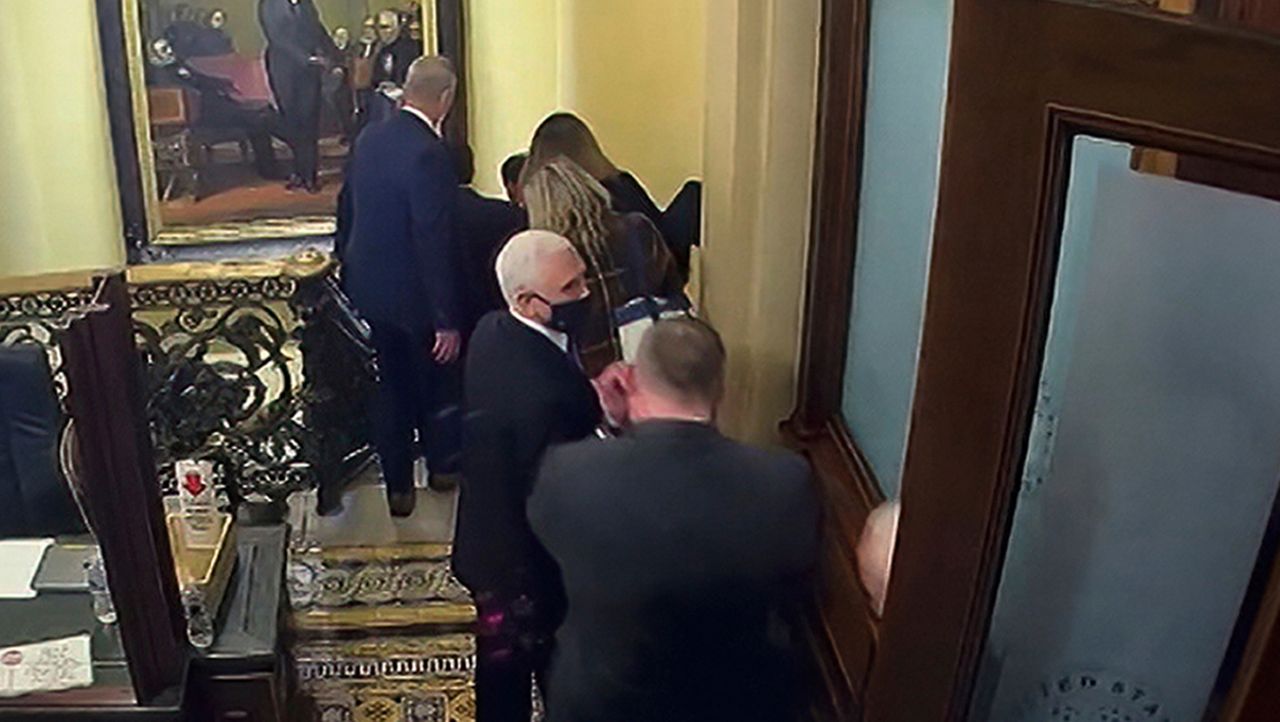Special Counsel Jack Smith has appealed a district court judge's ruling last month dismissing the classified documents case against former President Donald Trump, urging the appeals court to revive the case.
U.S. District Court Judge Aileen Cannon dismissed the case last month, ruling the special counsel's appointment was unconstitutional.
In the filing, the special counsel argues that Cannon's ruling "deviated from binding Supreme Court precedent, misconstrued the statutes that authorized the Special Counsel’s appointment, and took inadequate account of the longstanding history of Attorney General appointments of special counsels."
Smith wrote that Cannon's ruling "needlessly casts doubt" on longstanding Justice Department policies and could have widespread consequences for several ongoing investigations, as well as possibly "raise questions about hundreds of appointments throughout the Executive Branch, including in the Departments of Defense, State, Treasury, and Labor."
"If the Attorney General lacks the power to appoint inferior officers, that conclusion would invalidate the appointment of every member of the Department who exercises significant authority and occupies a continuing office, other than the few that are specifically identified by statute," Smith's filing reads.
The decision by Cannon, who was nominated to the bench by Trump, was a massive victory for the former president, who faced dozens of felony charges accusing him of mishandling classified documents after leaving office and hampering the federal government's efforts to retrieve them. Trump pleaded not guilty last year and has denied any wrongdoing.
It’s unclear how long it will take for the appeals court to decide the matter, but even if it overturns Cannon’s dismissal and revives the prosecution, there’s no chance of a trial before the November presidential election and Trump, if elected, could appoint an attorney general who would dismiss the case.
Smith was appointed special counsel in November 2022 by Attorney General Merrick Garland to investigate Trump’s handling of the documents as well as his efforts to undo the 2020 presidential election ahead of the Jan. 6, 2021, riot at the U.S. Capitol.
Both investigations resulted in criminal charges, though the election subversion prosecution faces an uncertain future following a U.S. Supreme Court decision last month that conferred broad immunity on Trump and narrowed the scope of the case.
Defense lawyers in the classified documents case had argued that Smith’s appointment violated the Constitution’s Appointments Clause, a motion that prompted Cannon to hold a multi-day hearing in June. The judge sided with the defense, saying no specific statute permitted Garland’s appointment of Smith and saying Smith had been unlawfully appointed because he had not been named to the position by the president or confirmed by the Senate.
Smith’s team is expected to point out that special counsel appointments have been repeatedly upheld by judges in multiple cases, and that an attorney general’s ability to name a special counsel is well-established.
The Associated Press contributed to this report.








